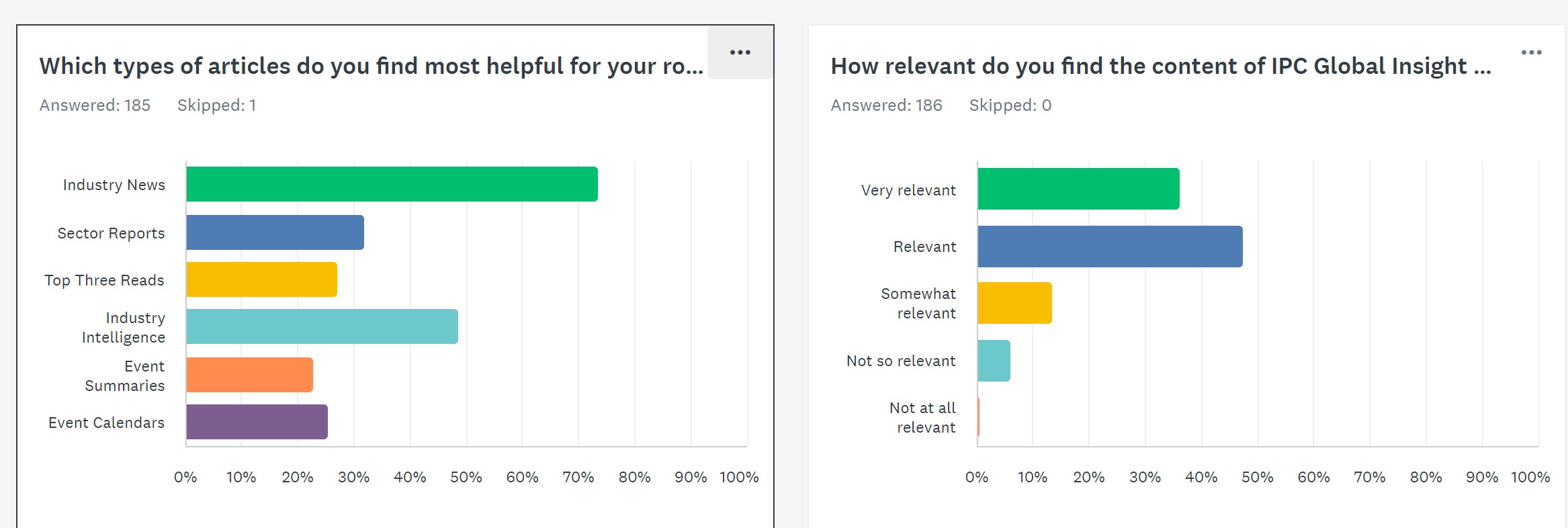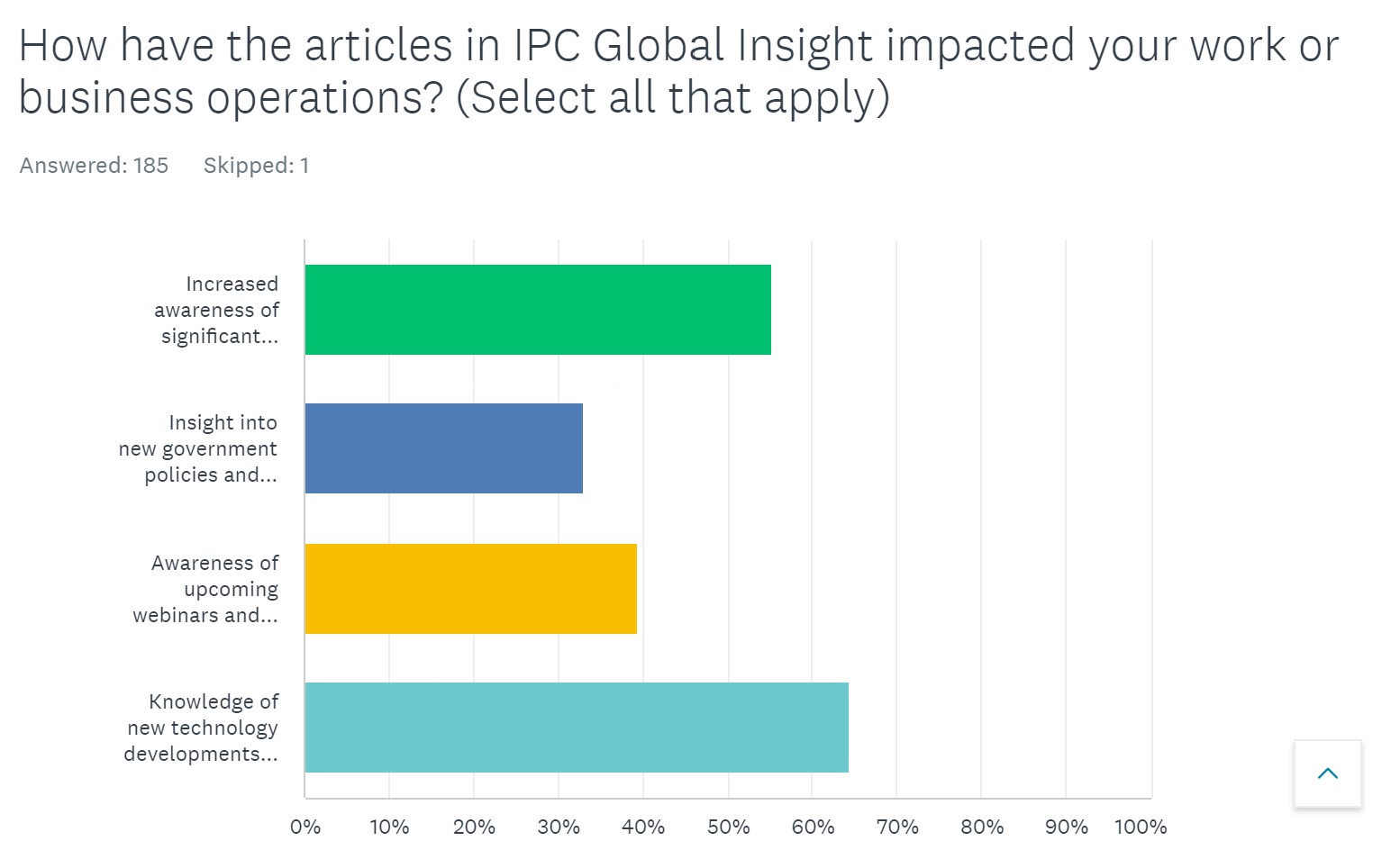Ensuring reliability in high-voltage electronics, a new standardized test method for abrasion resistance of e-textiles, and assembly and solder joint X-ray challenges are just a few of technical conference topics offered at IPC’s High Reliability Forum October 9-10 at the McKimmon Center in Raleigh, N.C.
Additional presentation topics cover: safety critical electronics considerations; military, aerospace, medical, automotive, e-Mobility and other applications with specialized reliability requirements; and industry-curated content covering many different topics related to high reliability issues in PCB design, PCB fabrication materials, PCB assembly, PCBA surface reliability, emerging electronic technologies, mitigation strategies and test methods.
Speakers from the following companies include Denis Barbini, Ph.D., Zestron; Steven Dirkes, U.S. Army; Ben Gumpert, Lockheed Martin; Norbert Holle, Ph.D., Robert Bosch GmbH; Takenori Kakutani, Taiyo Ink Manufacturing; Tony Lentz, FCT Assembly; Bob Neves, Microtek Laboratories & Reliability Assessment Solutions; Tim Pearson, Collins Aerospace; Erin Tillery, NC State University; and Udo Welzel, Ph.D., Robert Bosch GmbH. View complete speaker lineup.
“The event provides a unique opportunity for those in industry who design, manufacture, or test electronics for critical applications with unique safety, reliability, and lifetime requirements to obtain the latest research on high-reliability electronics,” said Teresa Rowe, IPC senior director, assembly and standards technology. “This year, attendees will learn about the newest research and emerging trends in high-reliability electronics, hear from subject matter experts, connect with exhibitors and peers, and take advantage of several networking opportunities during the course of the two-day forum.”
IPC High Reliability Forum will be co-located with IPC Builds which is being held October 5-10, 2024, at the McKimmon Center. IPC Builds focuses on IPC standards development committee meetings and encourages industry’s contribution to the standards and guidelines that companies and their customers, suppliers, and competitors rely on. Separate registration is required.
For more information on the IPC High Reliability Forum including agenda, speaker profiles, exhibition and sponsorship information, or to register for event, visit www.ipc.org/event/high-reliability-forum. For more information on IPC Builds, visit www.ipc.org/event/ipc-builds-standards-development-committee-meetings.



